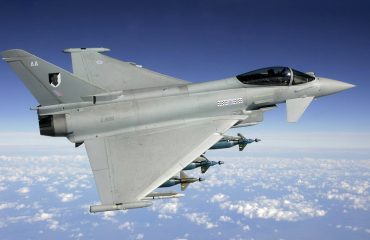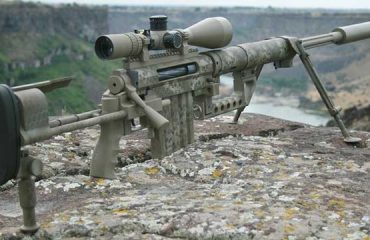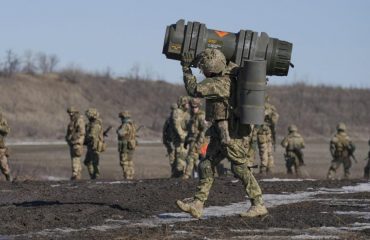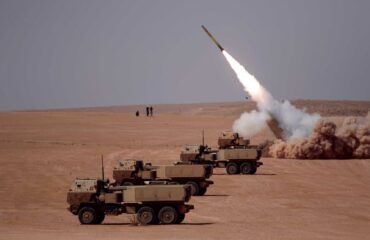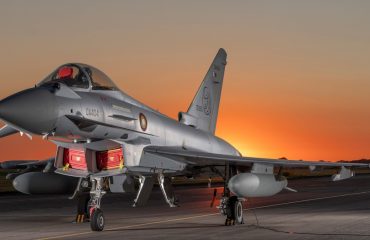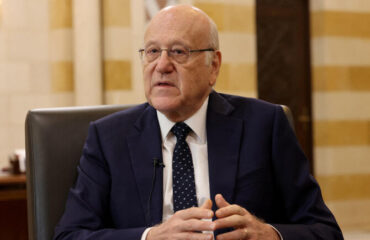EUCOM to Poles: forget the MiGs, stick with anti-air & tank weapons for Ukraine
The transfer of MiG-29s to Ukraine "may be mistaken as escalatory and could result in Russian escalation with NATO...producing a high risk scenario," Gen. Wolters said, so his command "has no plans to facilitate an indirect, or third party transfer of Polish aircraft."

SYDNEY: In what seems to be the Pentagon’s final word on the back-and-forth proposal about shifting Polish fighter jets to Ukraine, the head of America’s European Command, who also serves as the top military commander for NATO, has declared that the “transfer of MiG-29 aircraft will not appreciably increase the effectiveness of the Ukrainian Air Force.”
Instead, Gen. Tod Wolters said, “We believe the most effective way to support the Ukrainian military in their
fight against Russia is to provide increased amounts of anti-tank weapons and air defense systems, which is on-going with the international community.”
That clearly was not what Poland’s thinking heading into this week, when an agreement appeared to be in the works that would see Warsaw send Kyiv its aging MiG-29 fighters, with the US sending older F-16s to Poland as backfill. But that agreement seemed to have fallen apart following a public announcement from Poland that they were ready to hand the MiGs over to the US, as opposed to shifting them to Ukraine directly.
American officials reacted with public confusion, stating that what the Poles announced with fanfare on a government website was not something the Americans had ever agreed to. A strongly worded statement form the Pentagon’s top spokesman said the deal wasn’t “tenable” Tuesday evening, but some hopes remained that a re-worked proposal could still happen.
Tonight’s statement from Wolters, the top US general in Europe, seems to close the door on that. Eager not to harm relations with Poland, the EUCOM head’s statement opened up by noting the US “is incredibly appreciative of our strong Polish Allies and their inspiring support of Ukraine. USEUCOM and Poland’s military forces are united and aligned in our operations and activities.”
However, Wolters continued, the effectiveness of Russian air assets “remains limited due to Ukrainian strategic, operational, and tactical ground-based air defense systems…SAMs and MANPADS. USEUCOM assesses the military usefulness of additional fixed wing air to Ukraine will be high-risk and low gain.
Wolters’ bottom line: “Adding aircraft to the Ukrainian inventory is unlikely to change the effectiveness
of the Ukrainian Air Force relative to Russian capabilities. Therefore, we assess that the overall gain is low,” Wolters’ statement says.
To add to the reasons the US does not think this is a good idea, Wolters said the US Intelligence Community believes the transfer of MiG-29s to Ukraine “may be mistaken as escalatory and could result in Russian escalation with NATO…producing a high risk scenario.” Given all that Wolters said his command “has no plans to facilitate an indirect, or third party transfer of Polish aircraft.”
The obvious conclusion from this is that the US and its allies will continue to send Ukrainians forces as many anti-tank and anti-aircraft weapons as can be found and shared — but that items such as jets may be seen in Washington as a red line to Russia that isn’t worth the escalation risk.





